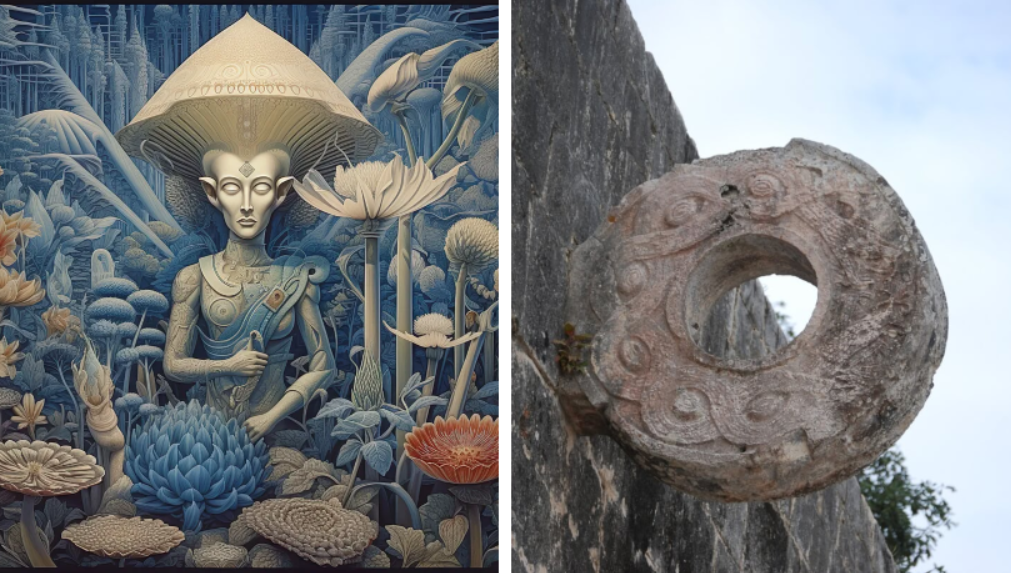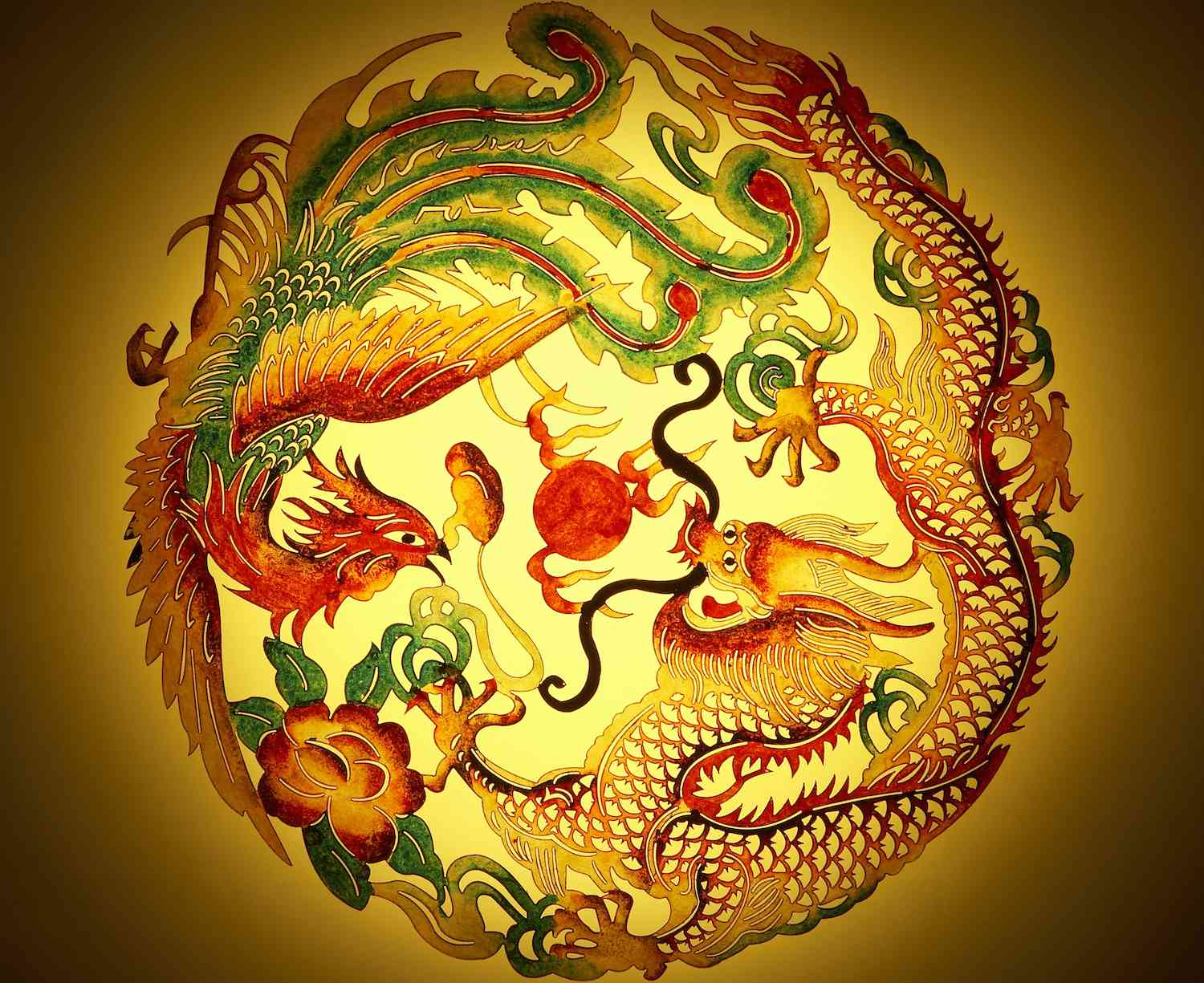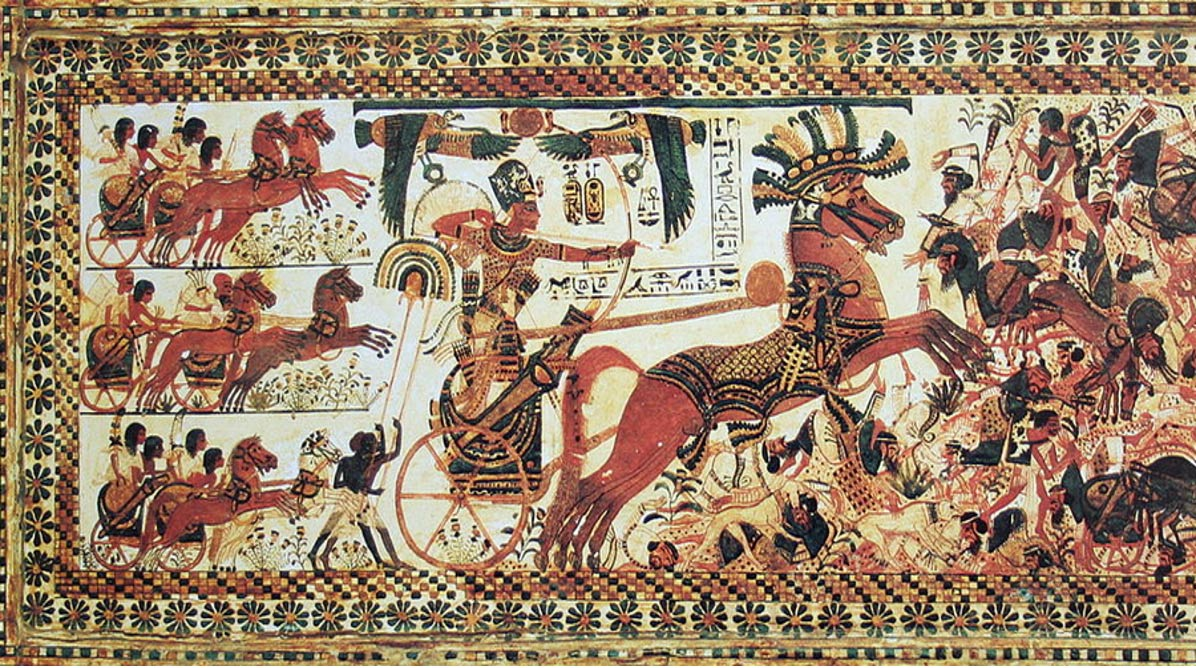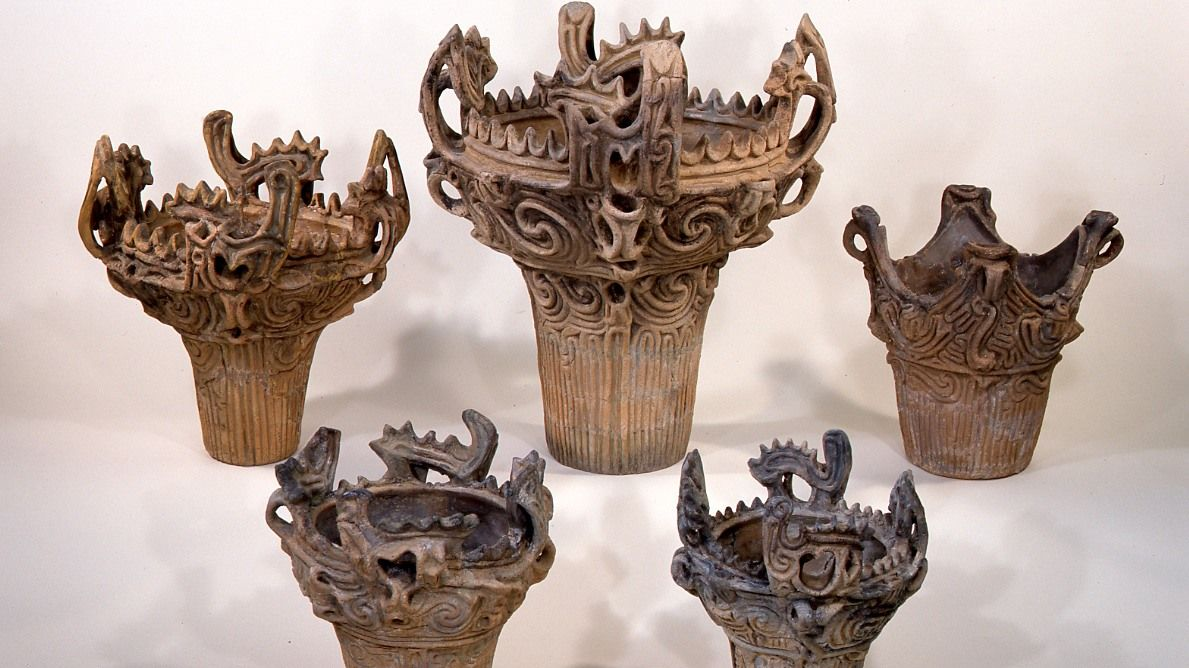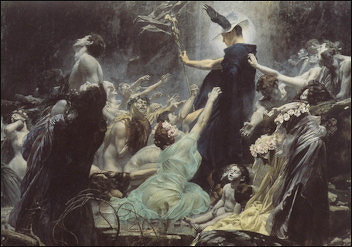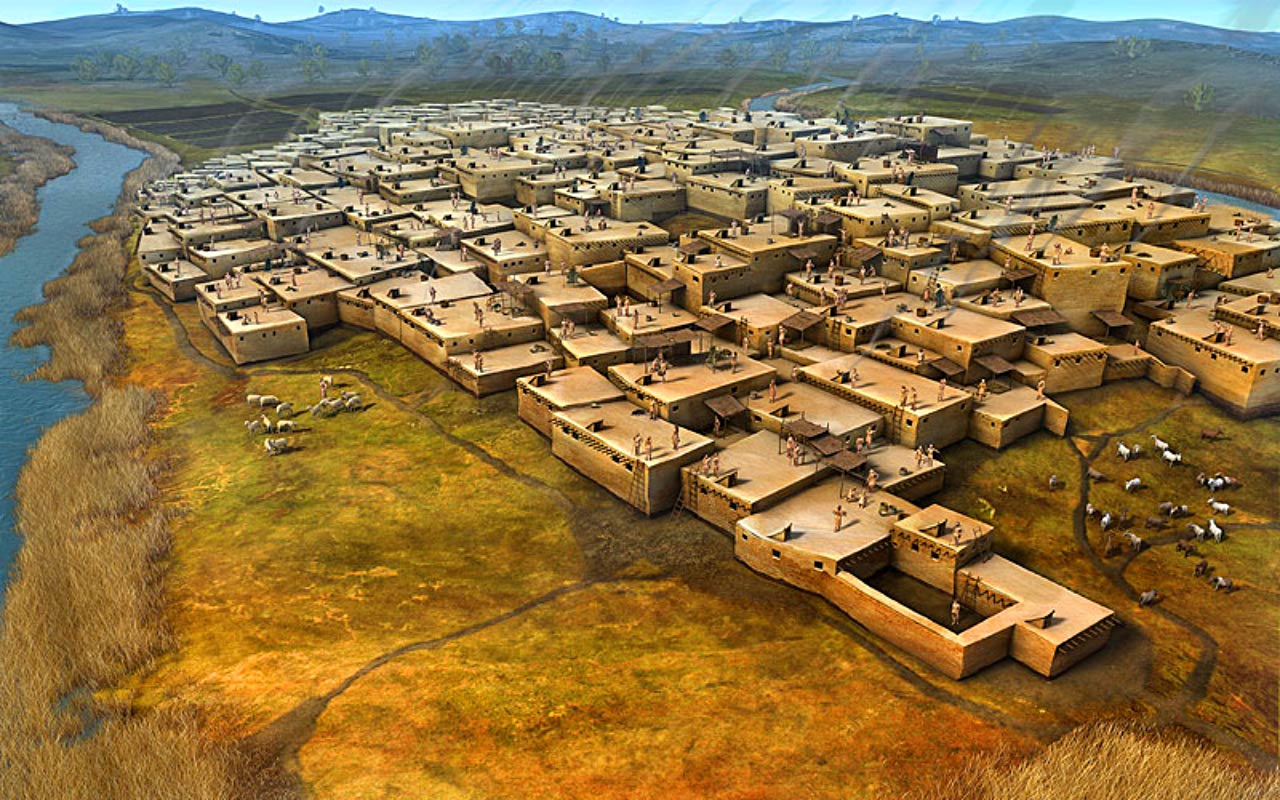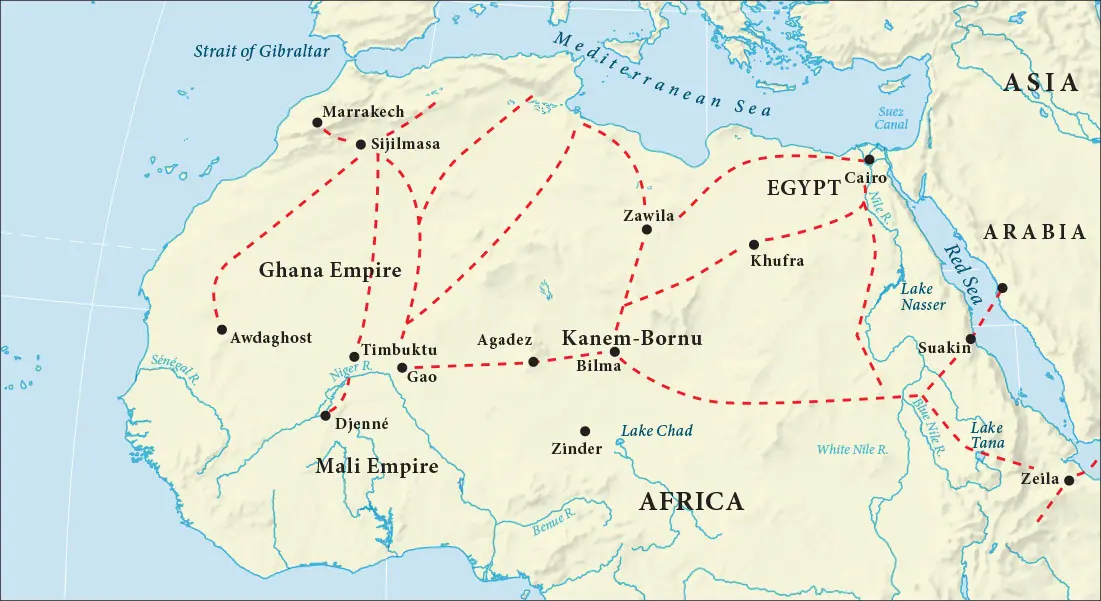Revolutionary Find at Yaxnohcah: Ancient Mayan Ballcourt Reveals Ritualistic Use of Psychedelic Plants
In an enlightening discovery at Yaxnohcah, an ancient Mayan city on the Yucatán Peninsula, archaeologists have unearthed evidence of ritualistic use of psychedelic and medicinal plants, dating back to the Late Preclassic period, approximately 2,000 years ago. This significant find, which was detailed in a recent study published in the journal PLOS One, underscores the integral role these plants played in Mayan religious and cultural practices.
Researchers, after conducting DNA analysis of soil samples from an elevated platform supporting a ballcourt at Yaxnohcah, identified several plants including the hallucinogenic xtabentun (Ipomoea corymbosa), lancewood (Oxandra lanceolata), chile peppers (Capsicum sp.), and jool leaves (Hampea trilobata). These plants are noted for their medicinal properties and were likely used in a bundle for rituals aimed at blessing or "christening" the ballcourt.
The discovery not only sheds light on the Mayans' sophisticated use of plant-based pharmacology but also enhances our understanding of their religious ceremonies, potentially offering new insights into ancient Mayan culture and its preservation of knowledge through natural resources.

